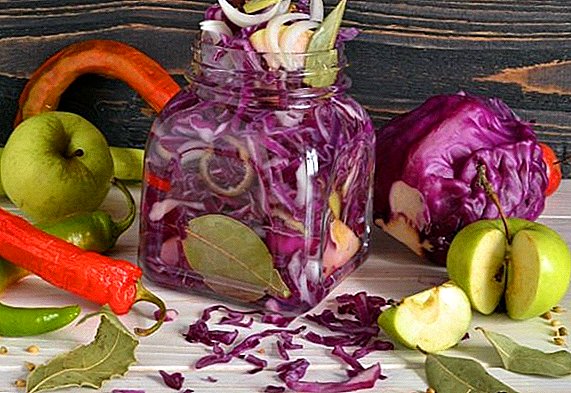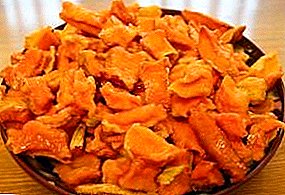 Quarks have long been considered food for the privileged strata of the population due to their tender, tasty meat, as well as eggs, rich in vitamins and useful microelements. For these two reasons, small birds are still popular today. They are bred at home, because it requires minimal effort and cost. True, there is one drawback in their content: they live for a relatively short time. Why this happens and what to do to increase the life expectancy of quails - learn from the article.
Quarks have long been considered food for the privileged strata of the population due to their tender, tasty meat, as well as eggs, rich in vitamins and useful microelements. For these two reasons, small birds are still popular today. They are bred at home, because it requires minimal effort and cost. True, there is one drawback in their content: they live for a relatively short time. Why this happens and what to do to increase the life expectancy of quails - learn from the article.
How many quails live at home
On average, quail in nature live 4-5 years. At home, this period is usually reduced to 2-3 years, after which the livestock is reduced. But if you set a goal, you can extend their life to 5-6 years.
Did you know? Unlike other birds, quail has a specific mode of egg production: usually the female rushes for 5-6 days, and then takes a break for 2-3 days.To do this, you must comply with a number of conditions:
- the room. It should be warm (+19 ... +23 ° C), without changes in temperature and humidity. There you should definitely install good ventilation so that there is no shortage of oxygen;

- square: on average, 3-4 square meters will be enough for 100 individuals;
- feed. For this purpose, specialized feed, as well as ordinary greens, bone meal, vitamin supplements;
- feed storage. Since quail feeds are rich in protein, it is important to store them in accordance with the instructions. Otherwise, instead of a healthy diet, you will get a mess dangerous for the health of the bird.
We advise you to read about how to keep laying quails, how to feed them, and also when the period of egg production in quail comes and how many eggs it carries per day.
If it is not possible to allocate a separate area for quails, then it is possible to settle them in cages (at the rate of 10 cm by 12 cm for 1 individual). The height is desirable up to 25 cm, otherwise the bird will try to take off and may injure itself. 
Why quail do not live to old age
Quails alone can live up to 4-5 years, but they are rarely kept for such a long time for the following reasons:
- egg production. Quails begin to sweep at the age of 1.5 months (40-45 days). The best qualities are possessed by eggs that were laid during the period from 2 to 8-9 months.
Important! Egg laying is affected by food and temperature in the room where the pets are located. If there is less than +19 ° C, then you should not wait for the results.
Usually, these birds carry 20-24 eggs per month, and in a year they can turn out about 300. Already after the first 12 months of life, they start to nest less and less, until at the age of 2-3 years they do not stop at all;

- meat quality. The older the birds become, the more they lose the taste and beneficial properties of their meat. Therefore, if you grow them specifically for these purposes, then you should not delay the process.
Read more about the benefits of quail meat and eggs.
- breeding ability. For the divorce of new generations of quail usually use individuals up to 2 years, the younger, the better, while they are in excellent shape.
- poor tolerance of winter cold. While the birds are 1-2 years old, they winter well when they are provided with good nutrition and stable heating. But at an older age, quails need warmer conditions, which is why their maintenance costs increase.
Quail - a great option for households.  They can be bred both for their own purposes and for sale, since quail meat and eggs are always in price.
They can be bred both for their own purposes and for sale, since quail meat and eggs are always in price.
Find out what the lifespan of pigeons, geese, chickens and roosters, as well as rabbits.
For the success of such an undertaking, it is important to replace the birds in a timely manner, because they are beneficial to keep only up to 2 years, and after the maintenance costs begin to exceed revenues.
Reviews from the network















